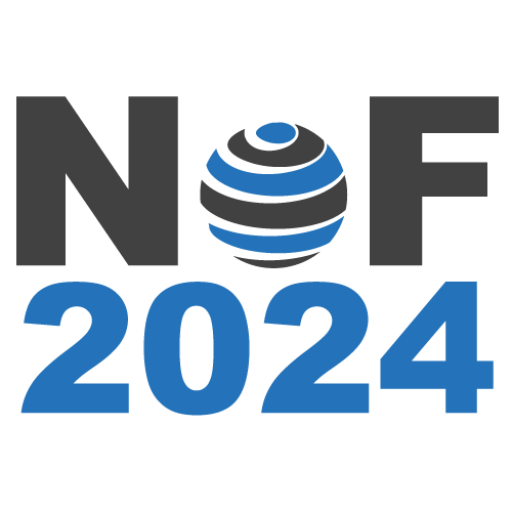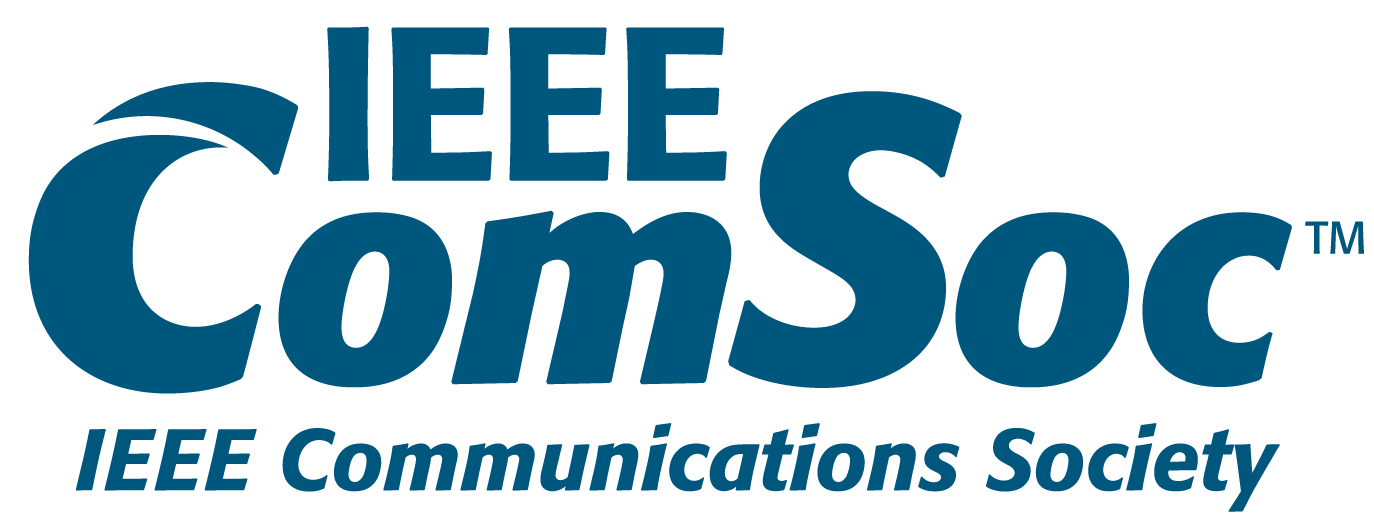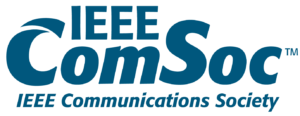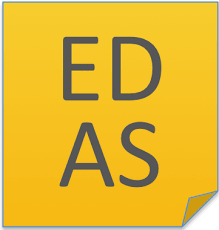NoF 2024 Keynotes
Keynote #1
Title: Prospective scenarios for the carbon footprint of mobile networks – case study of France
Abstract: Information and Communication Technologies (ICT) plays a crucial and growing role in our daily lives as well as in the transformation of our economies. Even if ICT is sometimes presented as a possible lever to fight against climate change, there is a growing concern about its direct environmental impact. The ICT sector has proposed ambitious targets at the global level. In particular, the ITU has set for the sector the objective of a 45% reduction of GHG emissions in 2030 with respect to 2020. This necessitates an assessment of the direct environmental impact of ICT in order to know whether or not we are on the right trajectory and whether objectives can be met.
Additionally, there is also the need to study prospective scenarios as levers to define nation-wide strategies for the reduction of GHG emissions and energy consumption of ICT. In this talk, I will present the work done in this perspective by The Shift Project working group on Networks. This group focused on the mobile network infrastructure in France and proposed a model allowing network designers and researchers to test the effect of different deployment strategies or public policies on the GHG emissions and energy consumption up to 2035.
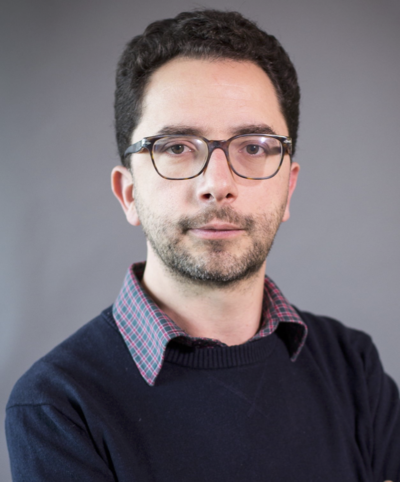
Marceau Coupechoux
(Professor at Telecom Paris, France )
Bio: Marceau Coupechoux is a Professor at Telecom Paris and a Professeur Chargé de Cours at Ecole Polytechnique. From 2000 to 2005, he was with Alcatel-Lucent. In 2011-2012, he was a Visiting Scientist with the Indian Institute of Science, Bengaluru, India. He has been a General Co-Chair of WiOpt 2017 and Gamenets 2019. In the Computer and Network Science Department of Telecom Paris, he is working on wireless and cellular networks, focusing mainly on performance evaluation, optimization and resource allocation and the environmental impacts of these networks.
Keynote #2
Title: Interoperability in communication for Industry5.0 powered by applied AI/ML
Abstract: Industry5.0 emphasizes the harmonious collaboration between humans and advanced technologies – which can only happen through using advanced networking technologies powered by AI/ML. Interoperability is a central concept of this evolution, ensuring seamless integration and interaction across diverse systems, devices, and platforms. This keynote reveals the role of interoperability in enabling the full potential of Industry5.0, focusing on the transformative impact of applied Artificial Intelligence (AI) and Machine Learning (ML). Circling around these three pillars of the keynote, we will cover both the challenges and solutions associated with communication for complex industrial environments. Highlighting real-world applications, this keynote showcases how AI and ML enhance the world of communication protocols, streamline data exchange, and facilitate adaptive learning across interconnected systems.
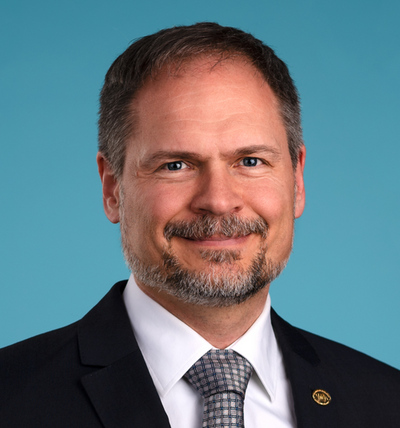
Pal Varga
(Head of Department of Artificial Intelligence at the Budapest University of Technology and Economics (BME), Hungary)
Bio: Pal Varga is the Head of Department of Artificial Intelligence at the Budapest University of Technology and Economics (BME). He actively promotes bridging the gap between academia and industry, especially ICT vendors, operators, and service providers together with the stakeholders of vertical industrial use cases such as Industry 5.0, smart cities, and health. His main research interests include communication systems, Cyber-Physical Systems and Industrial Internet of Things, network traffic analysis, end-to-end QoS and SLA issues – for which he is keen to apply hardware acceleration and artificial intelligence, machine learning techniques as well. He advocates for using AI tools and methods in a both creative and responsive manner and provides practice-driven lectures worldwide for the industry. Besides being a member of HTE and Sigma Xi, he is a senior member of IEEE, where he is active both in the IEEE ComSoc and IEEE IES communities. He is an Editorial Board member in many journals, Associate Editor in IEEE Transactions on Network and Service Management, and the Editor-in-Chief of the Infocommunications Journal.
Keynote #3
Title: Towards Intelligent 6G System Architecture
Abstract: The recent definition of requirements for IMT-2030 systems, both in terms of enhanced performance and new capabilities, together with the latest developments on AI, wireless and networking technologies, clearly suggest “intelligence” as the distinguishing feature which will enable a multi-functional 6G system, including communication, computation and sensing capabilities. However, how “intelligence” will be embedded in next generation networks is still an open issue which may imply essential architectural impacts. This talk, revising the genesis and the evolution of 5G system architecture, and analyzing the expected founding elements of 6G, elaborates on the AI-native architecture concept, and illustrates options for AI to become the cornerstone of next generation standard systems.
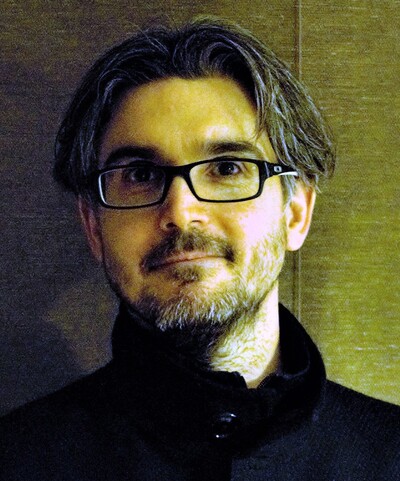
Riccardo Trivisonno
(Head of Network Architecture at Huawei Technologies, Germany)
Bio: Riccardo Trivisonno (Senior Member, IEEE) received M.Sc. and Ph.D. degrees in telecommunications engineering from the University of Bologna in 2000 and 2005, respectively. He joined Huawei Technologies in 2011 and he is currently serving as Head of Network Architecture — Research and Standardization — for the Advanced Wireless Technologies Laboratory, Munich Research Center. Over the past ten years, he has been a leading contributor to the definition and the standardization of 5G network architecture and technologies, delivering to 3GPP Releases 15 – 18 — in the areas of architecture modularization, network slicing, network analytics and QoS — filing ~100 Standard Essential Patent applications. His research focus shifted to 6G enabling technologies since 2020. He has been the Chairman of 6G-IA Pre-standardization WG since 2020, a Board Member of one6G Association since its foundation, in 2021, and he was elected one6G Board Vice-Chair in 2023.
